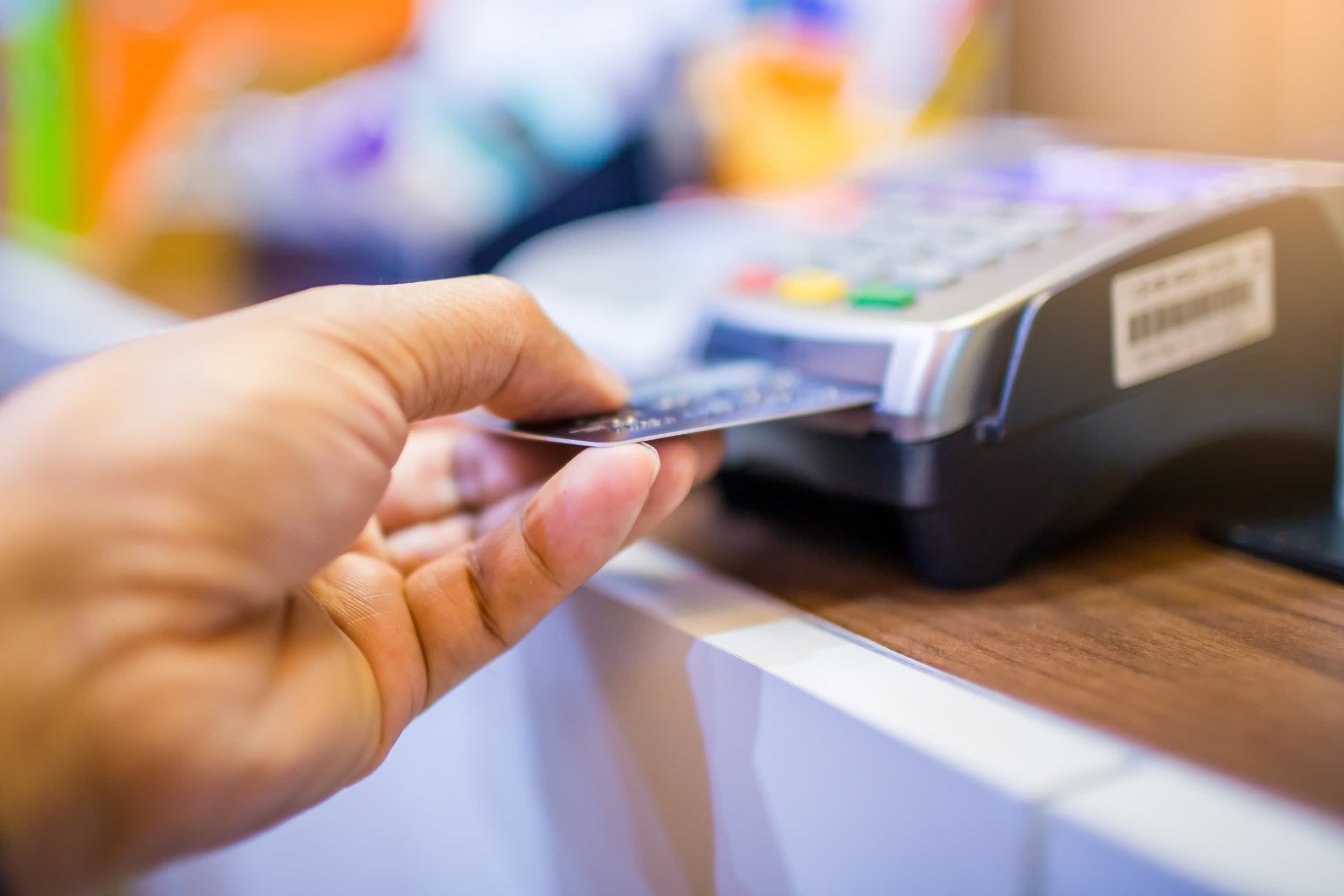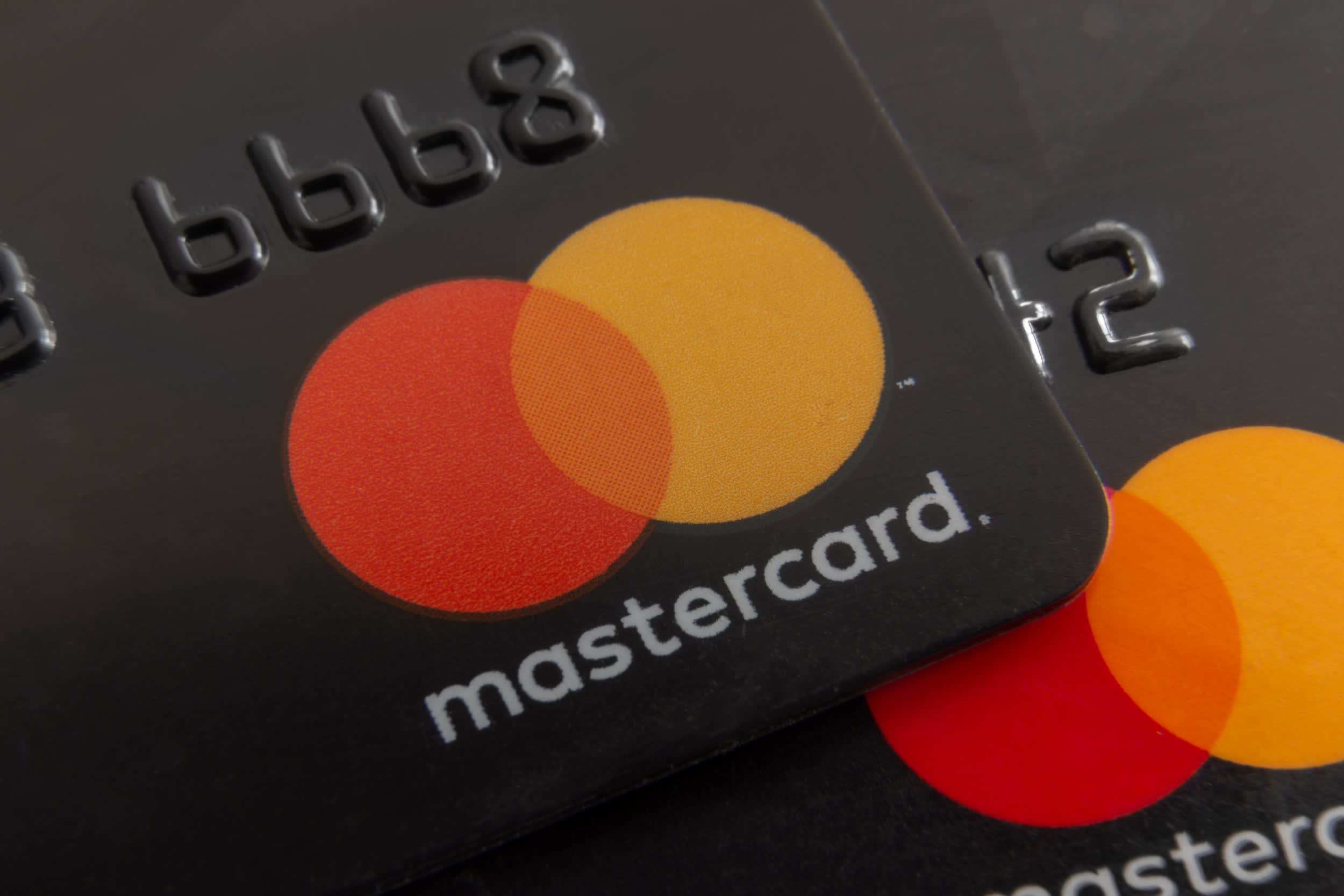Bottom line: Samsung is partnering with financial services company Mastercard to develop a payment card with an integrated fingerprint scanner. The two companies are billing it as a safety measure to reduce physical contact (with the pandemic and all), but security concerns could keep some potential users at bay.

In announcing the collaboration, the companies said that instead of having to enter in a PIN on a keypad, users would simply verify their identity using the fingerprint reader built into their cards.
The cards will utilize a new security chipset from Samsung’s System LSI Business that packs multiple discrete chips, which should streamline design and development. They’ll be usable at any chip or point-of-sale terminal that currently accepts Mastercard products.
Mastercard has been experimenting with fingerprint readers in payment cards since at least 2017.

The companies further noted that the new tech will add an extra layer of security to currently available cards, but some might not see it that way. With data breaches being so common these days, expecting yet another firm to keep valuable biometric data safe from hackers could be a big ask for some.
Either way, you’ve got time to think about it. The rollout won’t start until later this year and when it does, it’ll be limited to corporate clients located in South Korea. No word yet on how long it’ll take for the tech to trickle down to ordinary consumers worldwide.
Images courtesy koonsiri boonnak, garmoncheg